Think of creative ways to make brushing your teeth fun. For example, listening to fun sounds or songs that are two minutes long to help keep yourself and your kids brushing for the entire time is recommended.
Also, having a cool toothbrush designed for kids that features their favourite characters helps bring the fun in brushing and allows children to bring their favourite cartoon and television friends into the bathroom with them.
- Create a rewards chart – Children should brush their teeth twice a day, so try keeping track of your child’s brushing on a calendar by the sink with gold stars. If there are two stars at the end of the week, they could get a little treat.
- Make brushing teeth time family time – At night, get together in the bathroom to brush your teeth for the recommended two minutes. It will encourage your children when they see their parents/carers doing it too.
- Don’t make the dentist a scary place – Dentists recommend dental check-ups every six months, which can be scary for many children. So prepare them beforehand. Give them an idea of what to expect; try using picture books or do some role-playing exercises to explain to kids what to expect during a dental visit. After the visit, reward them for good behaviour.
- Keep a routine – Make it part of your child’s daily routine so they can become used to regular brushing.
- Use tooth brushing games and apps – Brushing apps for smartphones and tablets, like the free Oral-B Disney Magic Timer App, can help children brush by featuring exciting animation and virtual stickers.
Lastly, remember that a healthy diet is essential in tooth care for kids. Try to avoid or limit sugary foods and drinks. It’s recommended that they only drink milk and water. If you give them sugary foods, only do so at their regular mealtimes.
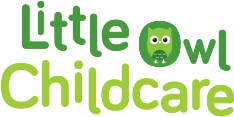






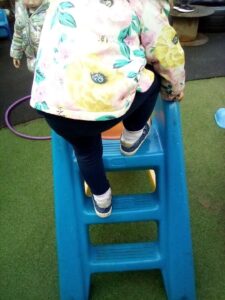
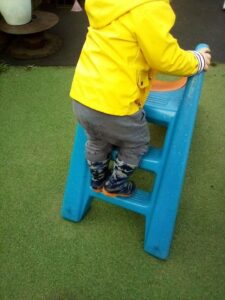
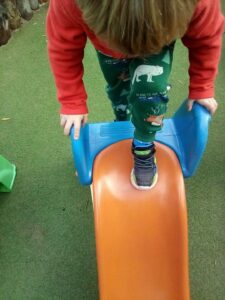
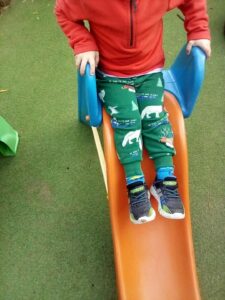
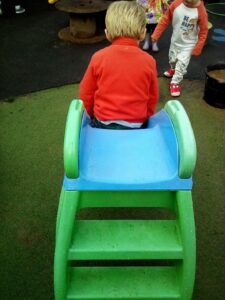
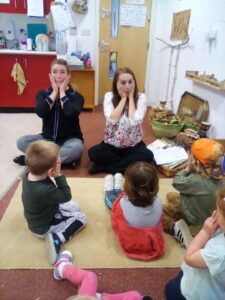
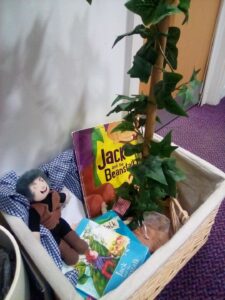
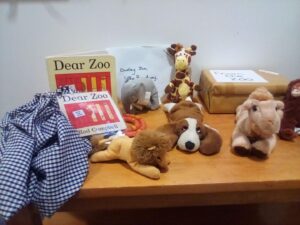 here are a couple of examples…
here are a couple of examples…

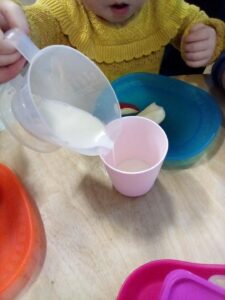

Recent Comments